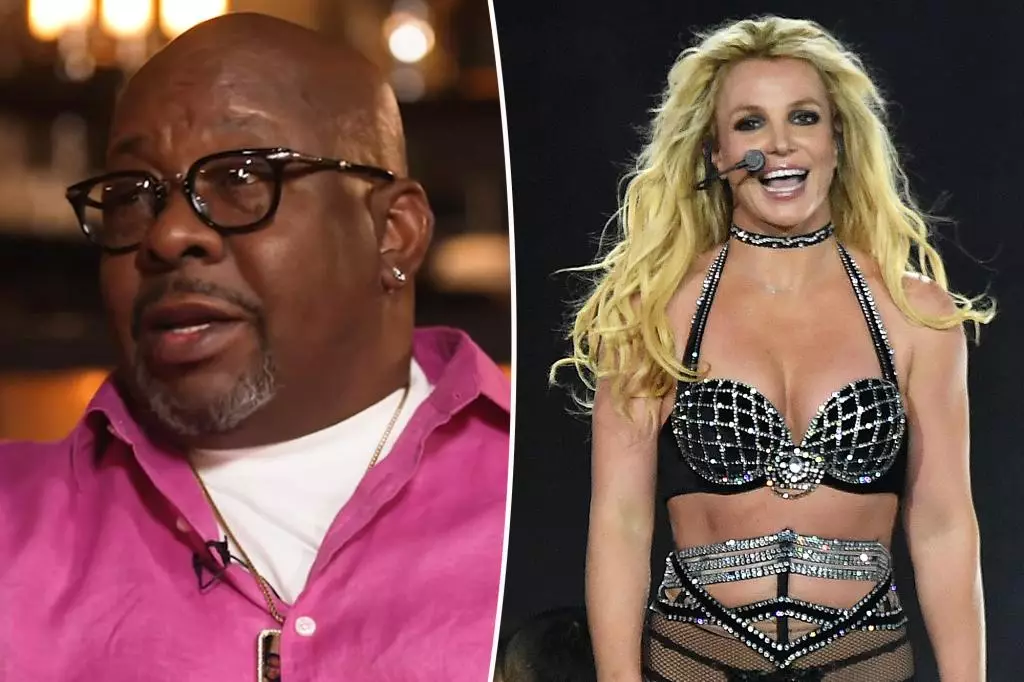Bobby Brown’s recent comments regarding Britney Spears’ rendition of his iconic 1988 track, “My Prerogative,” ignite critical discussions about artistic interpretation and legacy in the music industry. While Brown voiced his feelings candidly during an episode of the “Club Shay Shay” podcast, his harsh judgment reflects not just personal sentiment, but a broader conflict that often arises when original artists confront modern interpretations of their work. “Butchered” may be a strong term, but it encapsulates the emotional attachment artists hold toward their creations, and how these attachments can sometimes skew objective appreciation.
Shocking the Audience with Brutality
Brown didn’t shy away from voicing his disdain, suggesting that he expected something extraordinary from Spears simply due to her stature in the pop world. However, his remarks also surface an irony: he cleared the cover, yet allowed his expectations to create cognitive dissonance when the result didn’t meet his standards. In an industry where both collaboration and reinterpretation are commonplace, Brown’s outburst carries the weight of nostalgia, highlighting how original artists often resist seeing their work through the lens of others. This resistance can create rifts between the generations, as new artists strive to innovate while older musicians crave preservation.
Generation Gap in Music
Interestingly, the exchange became a battleground for fans of both artists. While it is valid for Brown to express disappointment, it’s equally essential to recognize that Spears’ vocal and stylistic choices are products of her time— a time that might diverge sharply from Brown’s late ’80s R&B roots. Social media users rallied to defend Spears, branding her cover as “superior” and reinforcing the idea that reinterpretations can breathe new life into original songs. This resistance to critique and assumption of superior authority is not uncommon within music culture, but it also exposes the generational divide—while Spears speaks to a different audience, her take is synergistic rather than sacrilegious.
Learning from Disappointment
Brown’s ultimate acknowledgment that he needs to experience new interpretations before granting clearance serves as a cautionary tale. It opens a discourse on the importance of listening to modern expressions of art. The idea that “these kids” might produce sounds incompatible with an original artist’s vision suggests a fear of losing one’s legacy within an evolving industry. Yet it’s this very evolution that keeps a song relevant. Spears’ cover was part of a compilation album during a tumultuous period in her life; this adds depth to the lyrics and makes her touch on the song’s essence worth exploring.
The Role of Fans in the Discourse
From the perspective of the fanbase, strong reactions to Brown’s comments underline a critical aspect of the music ecosystem—fans are passionate advocates for their favored artists. Their comments on social media, suggesting that Brown is “on the brink of being forgotten,” reveal the precarious balance that legacy and relevance holds in a rapidly shifting landscape. The call for appreciation of Spears’ version emphasizes a vital acknowledgment: music evolves through reinterpretation, and sometimes what seems like a betrayal to the original artist can resonate in ways they may not have envisioned at the time of creation.

